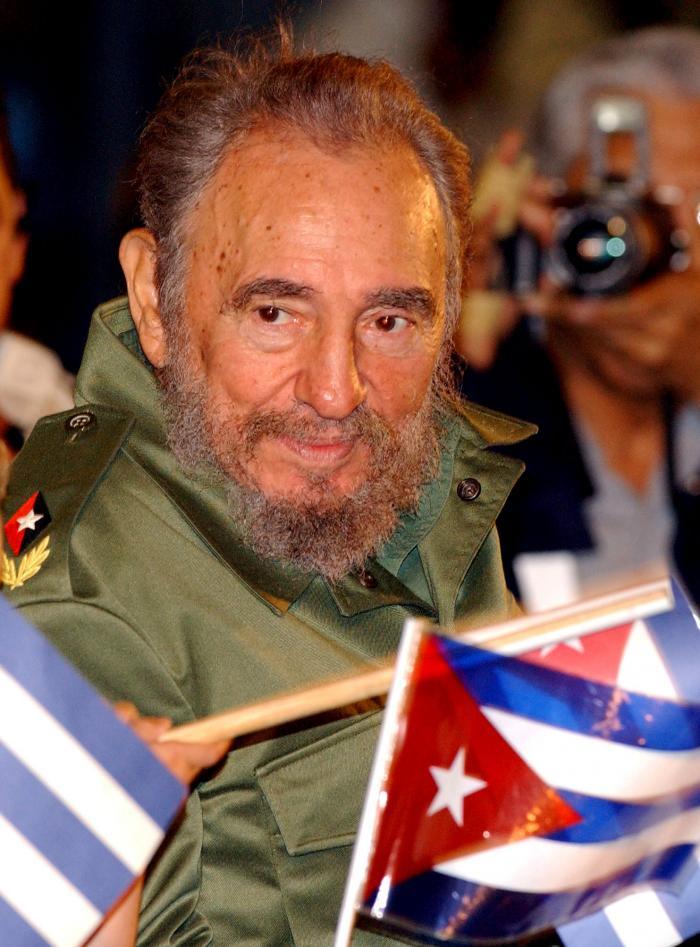
"We should not fear even justified admiration, because a certain type of man is constantly in love with the extraordinary," warned José Martí. "Normality does not like the great," warned Fernando Martínez Heredia.
There will be those who, thirsty for normalities we have never known and suffering from certain fears of ridicule, will tell us to shut up or speak softly, if times are what they are and one thinks it appropriate to walk around with the word Fidel on the tip of one's tongue.
Neither "normal" nor frightened, neither so romantic as to let themselves die of heartbreak, nor so gray-hearted as to be unmoved by songs, memories, and futures, nor indifferent; this is how the people of Cuba are.
Anyone who doubts this should walk, but walk for real; and talk, but talk for real, not like someone who goes with a sting in search of a bull to joyfully confirm—breaking news!—that blood and pain flow from the sting.
I have seen drunks cry, a man without a family call Fidel "Dad," and Anita, a 60-year-old delegate who has been in office for 20 years in a village lost among the swamps of the northwestern region, speechless between spasms.
I have seen my delegate from Altahabana, a big black man named Alfonso, break down in tears during his report after reciting a fragment of an old speech; break down in tears for all that remains to be done and we do not do, in the immediate and in the more ethereal space, and for thinking about how terrible it is to be a little less human, less good humans, the day after and the day after that.
I am not talking today about those who juggle his name; I am talking about a nerve that is there, neither unfading nor pure, but there, in the backbone of the people, the extraordinary, the defeated, the emotional, the strong in one thing and weak in others, and suddenly strong for a whole day and tired to death the next.
And let it not be thought that one speaks of these things only to caress nostalgia and puff out one's chest and say that we had the greatest, by far, on the scale of long times and lands, which is not exactly punishable either.
When one speaks of Fidel, one does so to summon the best of the future—and the present—which, more than deserving it, we need, demand, and are willing to do.
To say Fidel is to summon times, wills, energies, understandings, sensibilities, senses, intelligences in their many variants, and not separately: not the willing here, the optimistic there, the talented over there, and the selective and colonized intelligence on the other side.
It must be to expand ourselves in dreams and deeds instead of locking ourselves in the security/insecurity of farms, running all the fences, tearing them down, and stepping over two or three miseries of the soul.
But above all, to conjure Fidel is to conjure the happiness and fulfillment of men and women in the unrepeatable moment of daily life, of the construction of that life, because no one struggles or gives themselves or embraces another to be unhappy.
To conjure Fidel is to understand that happiness, the kind that makes old people die peacefully and still dreaming, as difficult as it is, is a political category and a gamble worthy of all or nothing. And to be happy, one cannot walk in solitude or resign oneself to it or preach it, because solitude is also a political category, with marked implications.
Those who believe should place a candle and a glass of water on their home altars, which are not like those in churches for immaculate saints, because in those, the ones at home, the dead are not sanctified, but accompanied, and hope, which implies waiting, is not invoked, but faith is exercised, which always goes hand in hand with action and the future.















